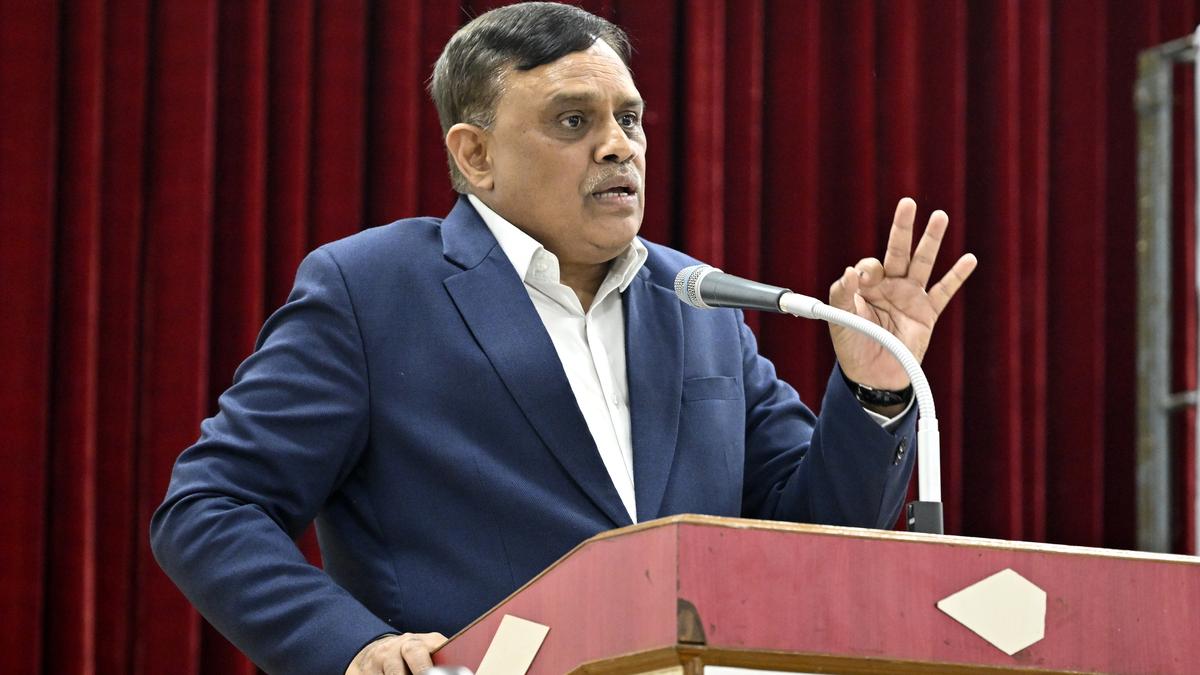
Colleges must publicise their facilities, financial status, says AICTE chairman
The Hindu
T.G. Sitharam emphasizes college financial transparency and compliance with AICTE norms for public trust and educational quality.
It is mandatory for all colleges to disclose an audited financial statement on their website, said T.G. Sitharam, chairman of the All India Council for Technical Education.
At a roundtable discussion organised by the Education Promotion Society for India (EPSI) at the SRM Institute of Science and Technology on Tuesday, Mr. Sitharam urged colleges to abide by three norms of the council.
He said that colleges must declare the department-wise availability of seats, infrastructure and faculty details, and upload the audited financial statement on their website. Such disclosure would build public confidence in the institution. The council wanted to move away from ‘inspector raj’, he said.
He told the audience of representatives of private colleges that the National Education Policy, 2020, was aimed at giving flexibility to institutions to create their own curriculum and develop credit transfers. Mr. Sitharam urged colleges to be a part of the career portal, which had over five lakh companies. “Please join the portal. We will provide good connectivity for colleges,” he said.
D.P. Singh, chancellor of the Tata Institute of Social Sciences, said that the perception of regulators was changing. The aim was to offer holistic and multidisciplinary education, he said. The introduction of the National Credit Framework and the National Higher Education Qualification Framework would pave the way for a more dynamic landscape for higher education, he said.
M.R. Jayaram, president of EPSI and chancellor of Ramaiah University, said that society had welcomed the decision to allow foreign universities into the country, but wanted handholding by the government to understand how the system could deliver.
P. Sathyanarayanan, pro-chancellor of SRM University, recalled the difficulties his father faced when he established the engineering college, and said that the trust deficit between government agencies and private institutions had slowly reduced, and now, there was more openness and frankness in interactions. He pointed out that while there was little respect for deemed universities in their early years, they had sometimes outdone even government institutions. The NEP must be viewed holistically, he said, and suggested that government agencies play the role of facilitators instead of regulators.











